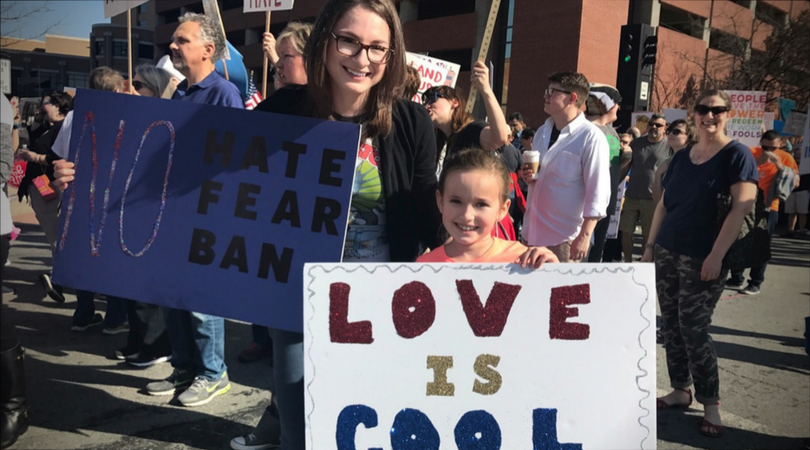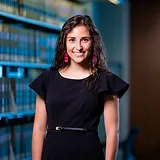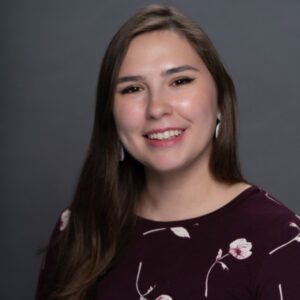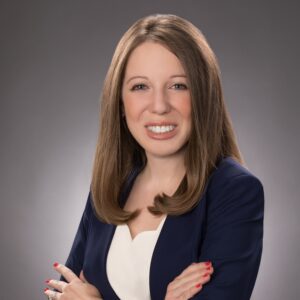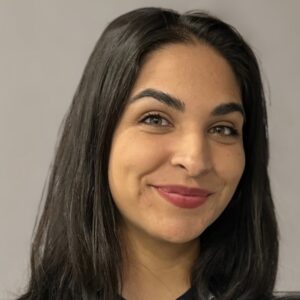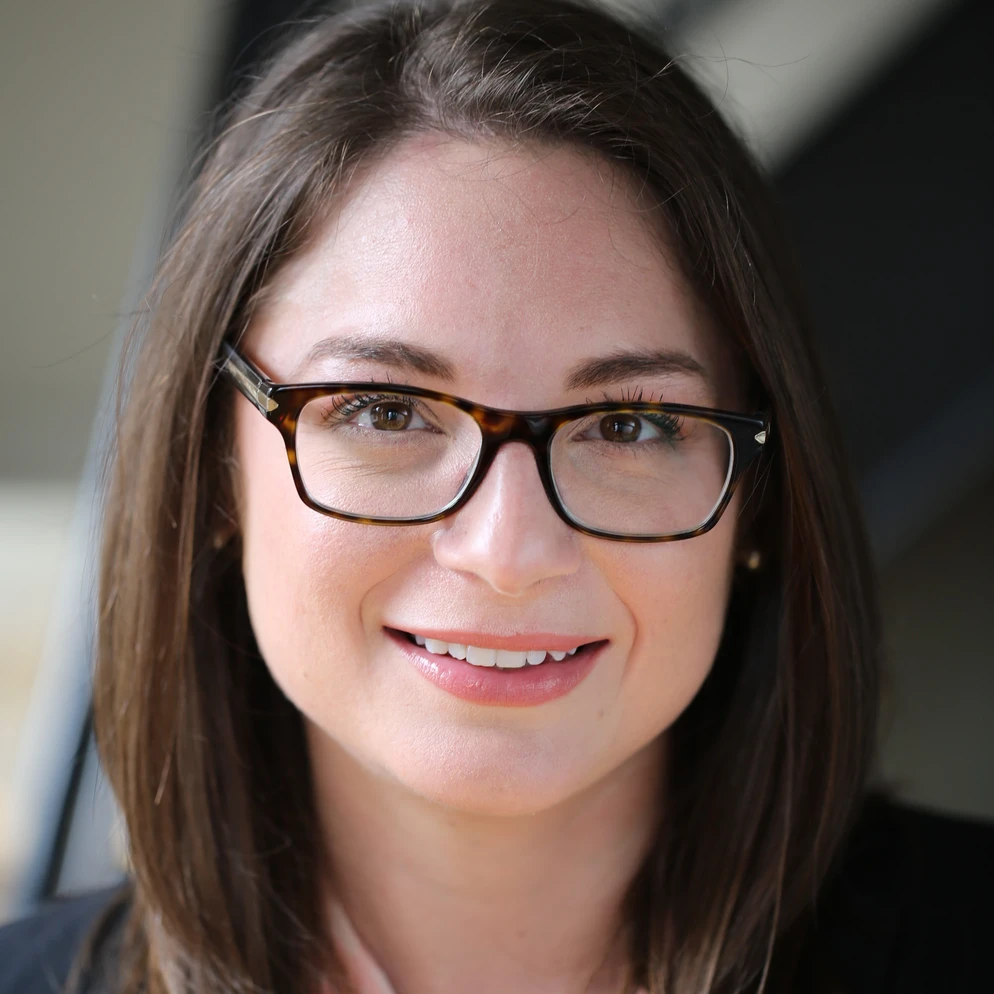
At eight years old, Amanda Ghagar knew she wanted to be a lawyer. When asked in elementary what she aspired to be when she grew up, Ghagar was told “oh honey, you have to go to school for that!”, assuming she wouldn’t go to college, let alone law school. Now, as an established lawyer in the DFW area, Ghagar is running for judge of Dallas County’s 68th District Court. If elected, she would become the first Iranian-American to hold public office as a judge in Texas. Growing up in conservative Lampasas, Texas, she knew that she would face an uphill battle in gaining the trust of her community, not only as a woman and an Iranian-American but also as a Democrat. Ghagar now hopes to break the status quo set by society for herself, as a public official.
Ghagar always looked up to her mother and grandmother, both powerful female role models in her life that instilled the idea that “with hard work, you can achieve your dreams”. They raised Ghagar under the idea that “if you don’t vote, you can’t complain”, and led by example by voting in every election that they could. This way of life inspired Ghagar to value civic engagement and public service so greatly that her Pre-K teacher, Ms. Johnson, labeled her the first future female President of the United States.
Ghagar continued her dedication to public service by co-founding the Lampasas County Young Democrats chapter, the first of its kind. As a Democrat in the dead center of a Republican-controlled area, Ghagar faced adversity from within her own community as they showed their discontent by taunting her during events. In the Lampasas area, Ghagar said people only categorized into two fields: “you were Republican or you were bad”. This never deterred Ghagar from carrying her convictions and beliefs: she went on to attend the University of Texas and the University of Illinois College of Law where she went on to served for both the University Democrats and the Law School Democrats.
When asked about the moment she realized she wanted to pursue elected office, Ghagar proclaimed that her ultimate desire was to serve her community; by holding public office, she felt she could accomplish this aspiration while creating the greatest impact. She gained background knowledge on running for office when worked as a volunteer for campaigns during her time with the Lampasas County Young Democrats. Later in her career, she began attending candidate training provided by entities like Get Her Elected, Run for Something, and the Dallas County Democratic Party. Though she couldn’t pinpoint her favorite resource thus far as a candidate, Ghagar did share her enthusiasm for the message boards and support forums found on a variety of non-profit websites, allowing candidates and elected officials alike to connect with one another about the tips and tricks to run a successful campaign.
If elected as the judge of the Dallas County 68th District Court, Ghagar would oversee a number of civil matters but the greatest issue she hopes to tackle would actually take place outside of the courtroom. She would use her position as an elected judge to help integrate underrepresented groups into a variety of opportunities, particularly focused on the legal and public service professions. As a lawyer, Ghagar said she never knew another lawyer who had looked like her, especially during her period of greatest legal development, post-law school. Ghagar’s initiative to integrate underrepresented groups into the legal profession would focus on building strong relationships with Dallas ISD schools, creating mentorships with students aspiring to become lawyers when they grow up. Additionally, she would introduce an internship program specifically for first-year law students, allowing them to work on core legal, technical, and soft skills that are applicable in the courtroom. Ghagar believes that this integration method is essential for the Dallas community as many of the high-ranking lawyers in the area lack in diversity of experience and thought.
Amanda Ghagar advises women who are interested in pursuing politics to remain tough, enter the political ring knowing it will be a tough fight. She says that drawing on the strengths of powerful women that have come before them in public service; women are always rooting for one another.
